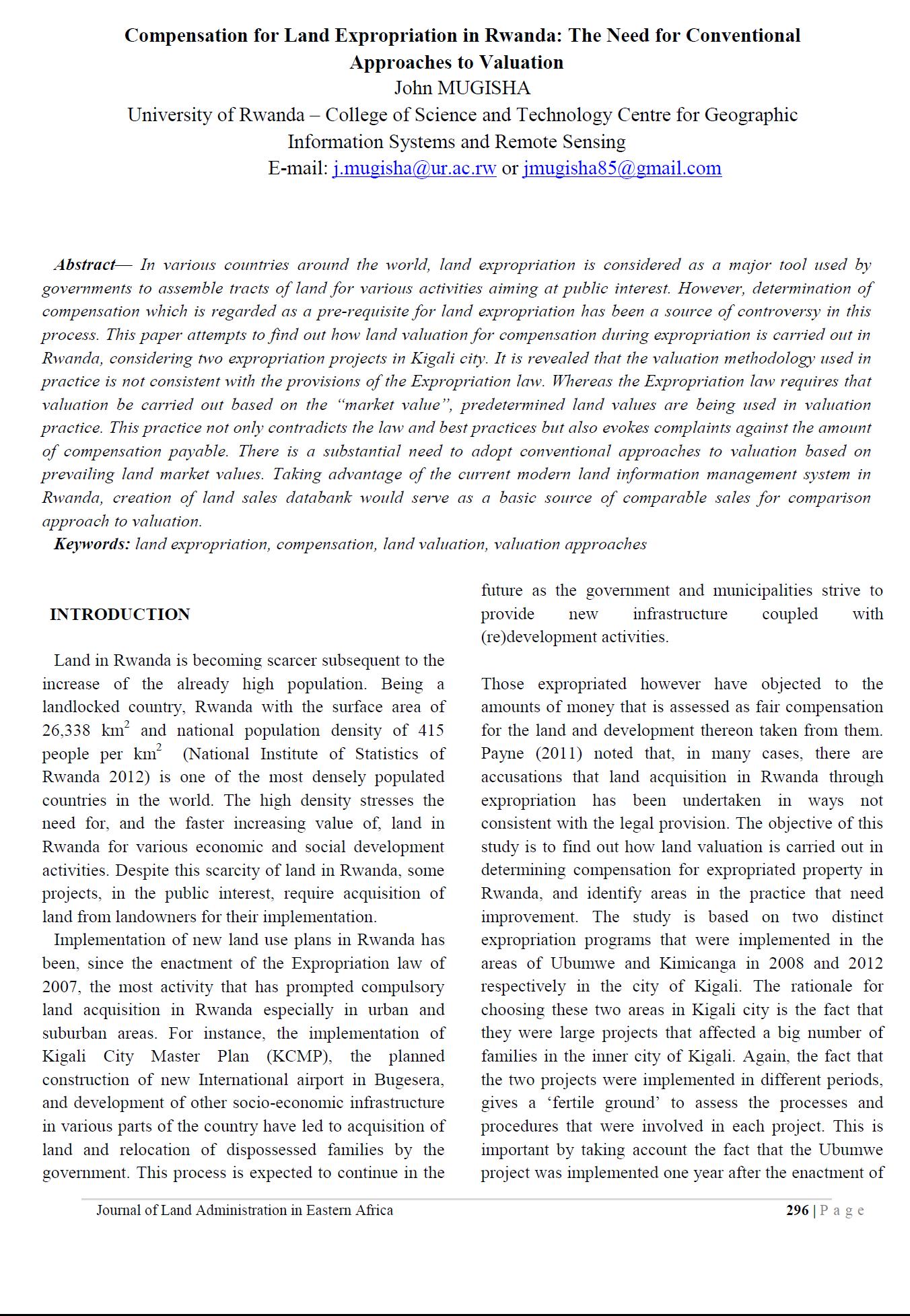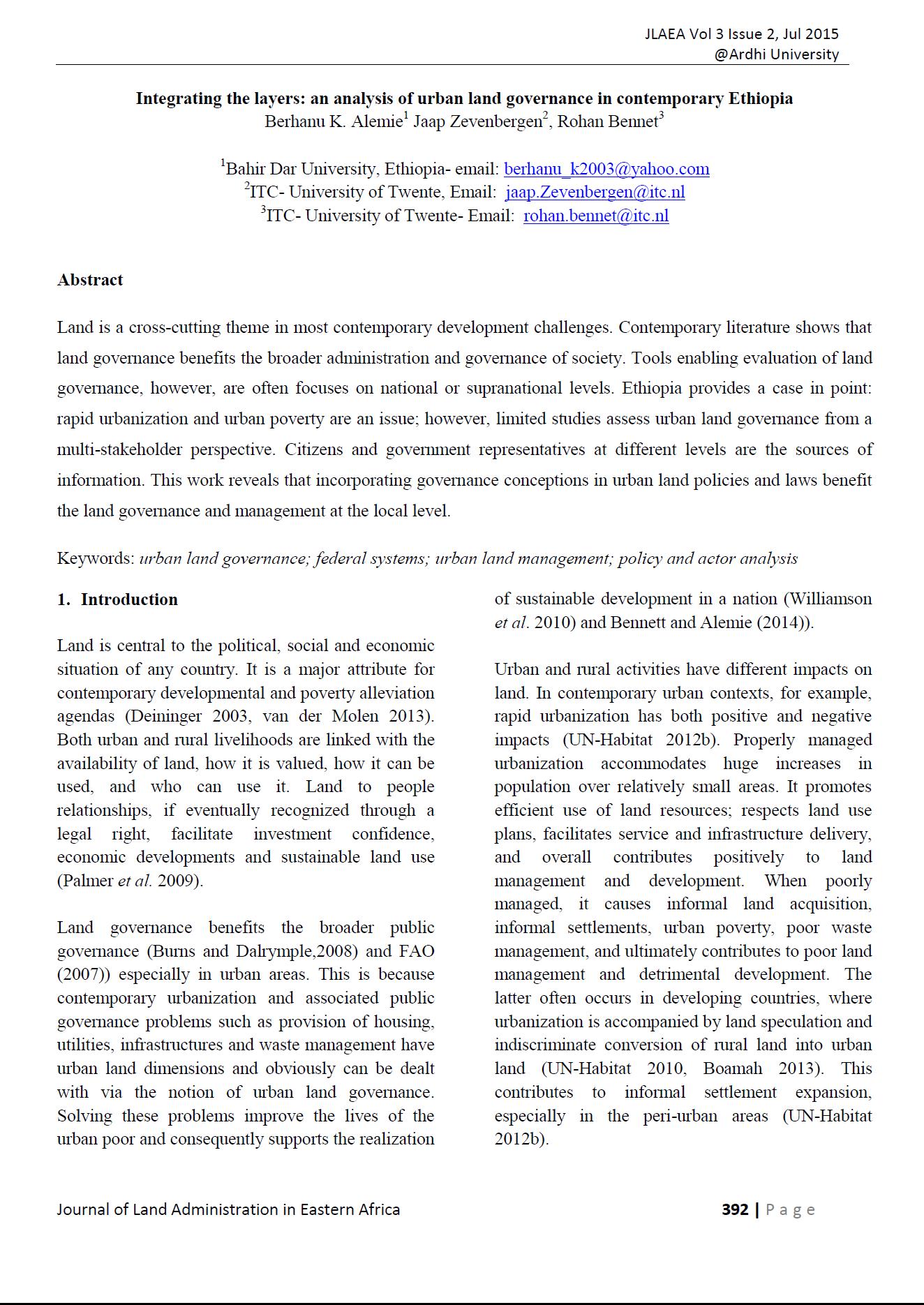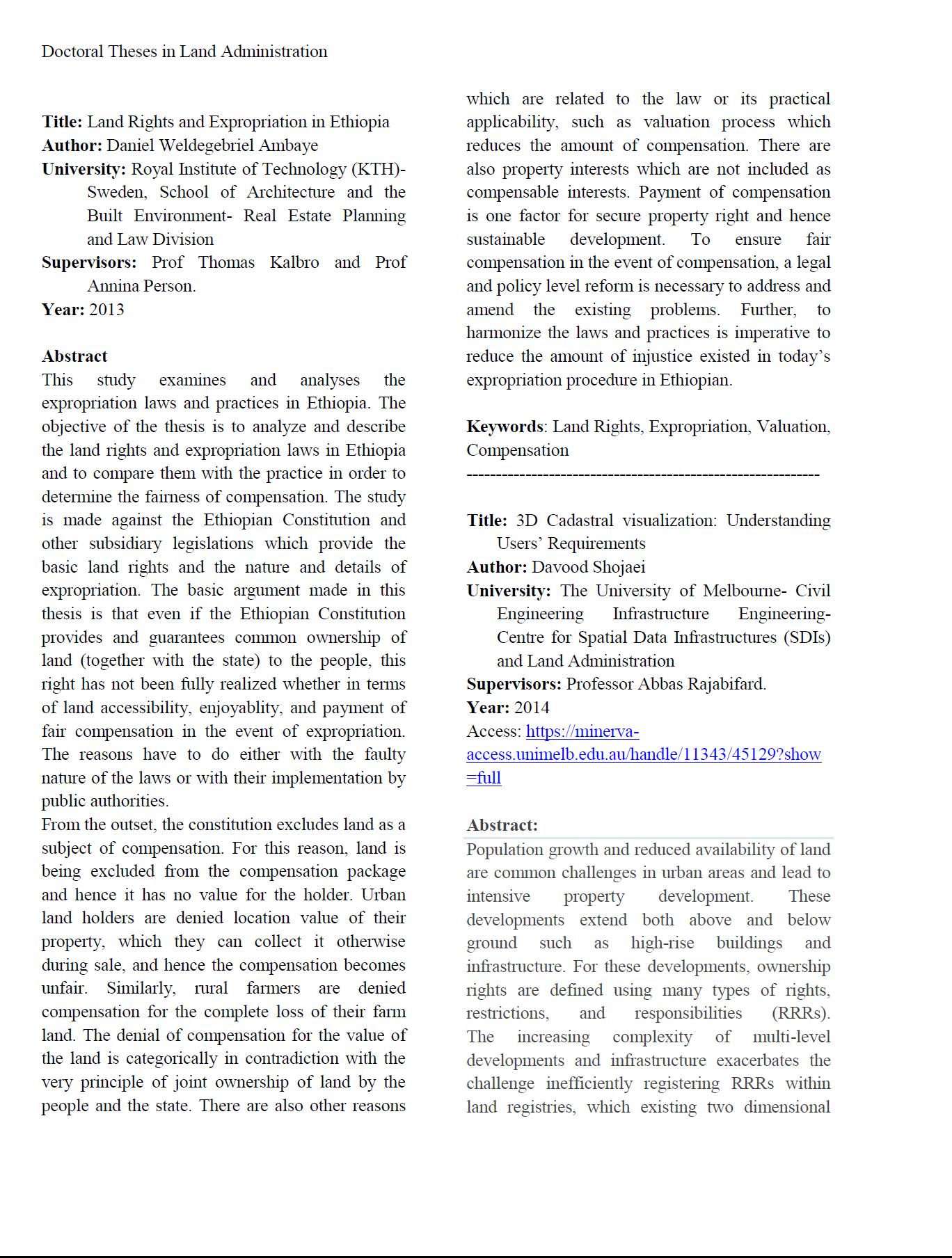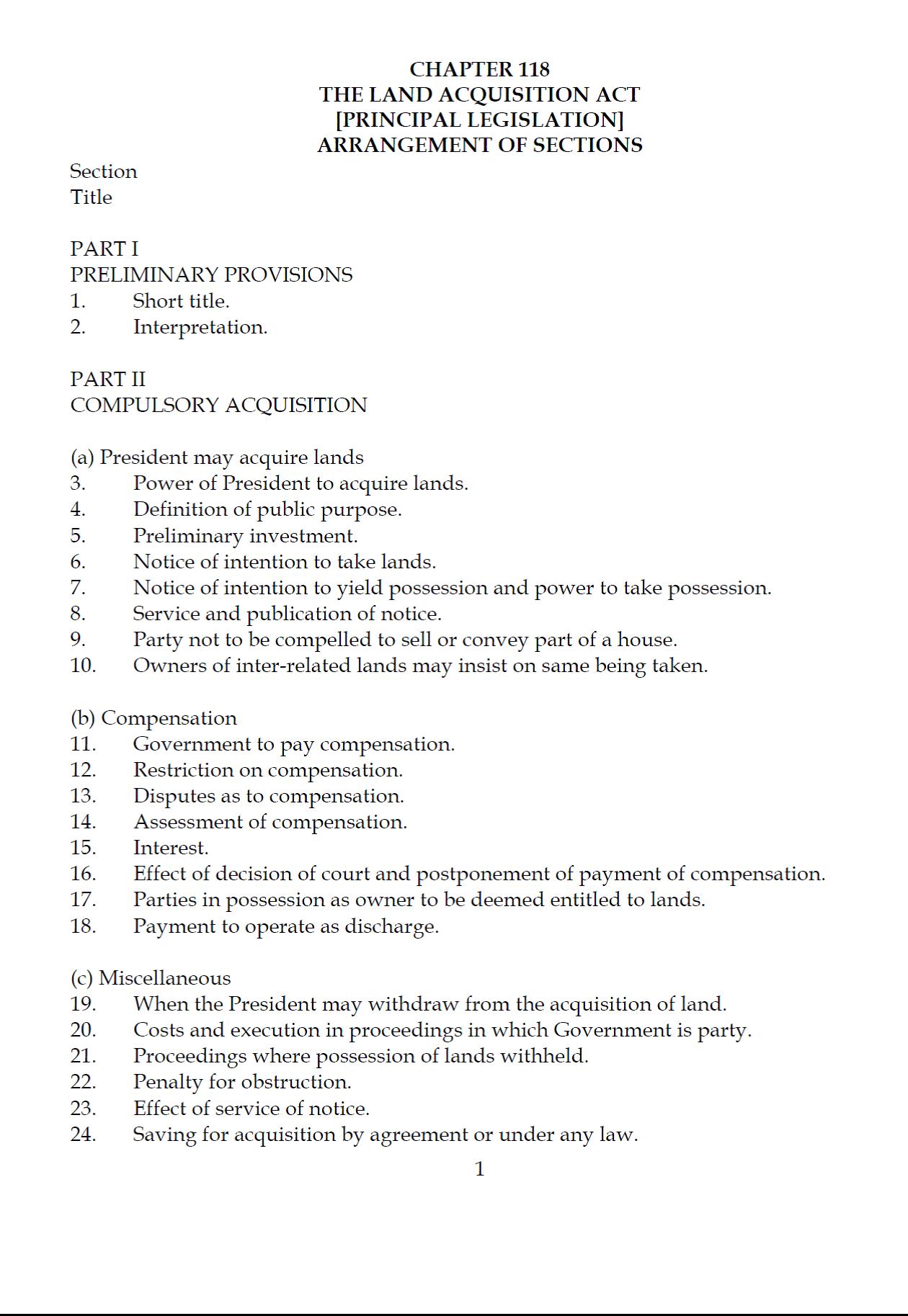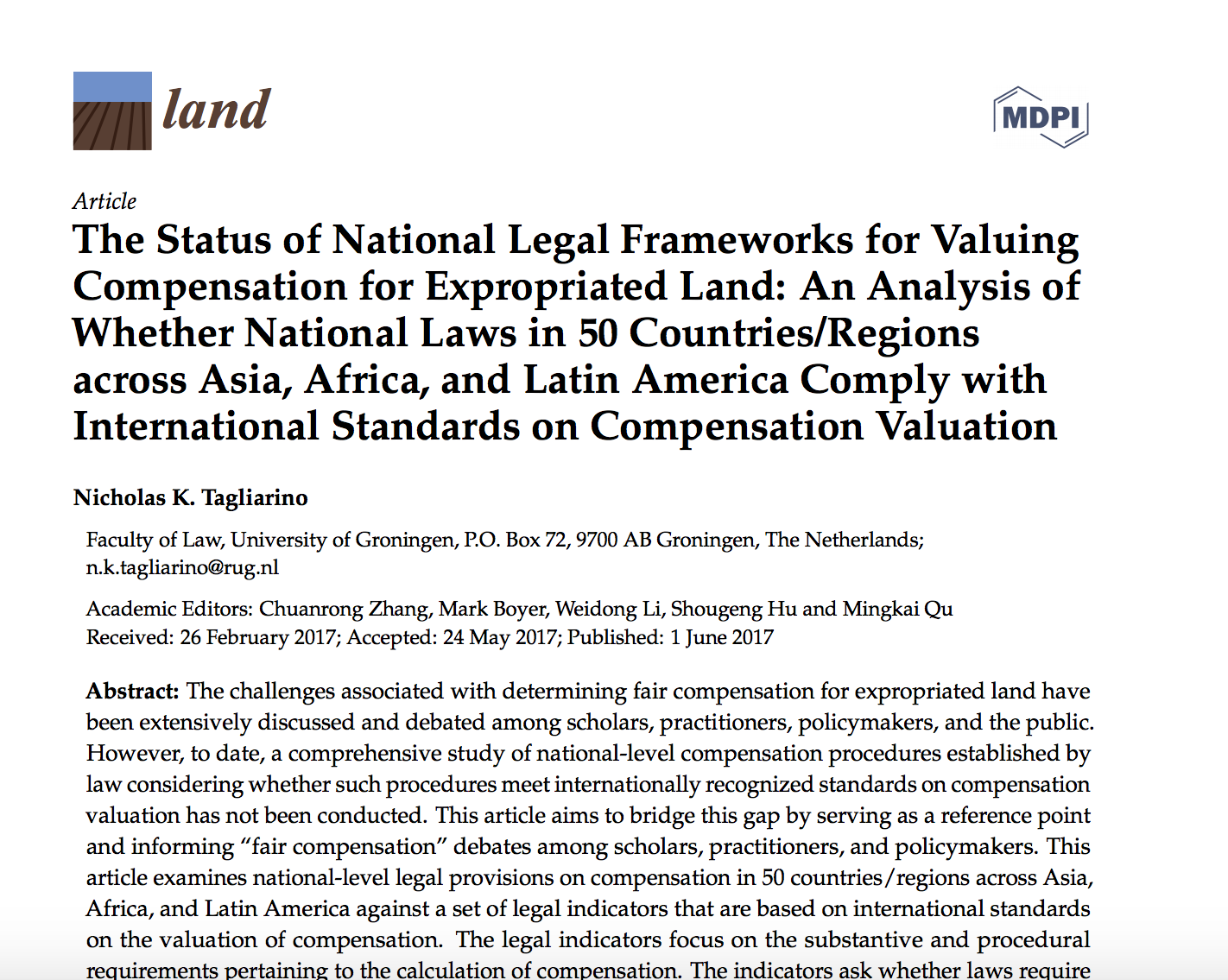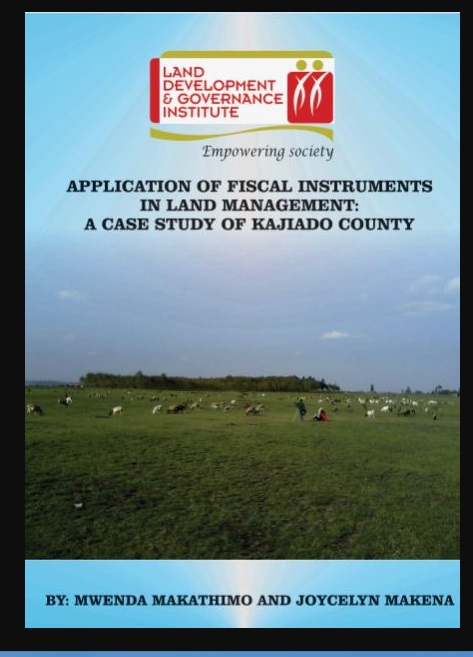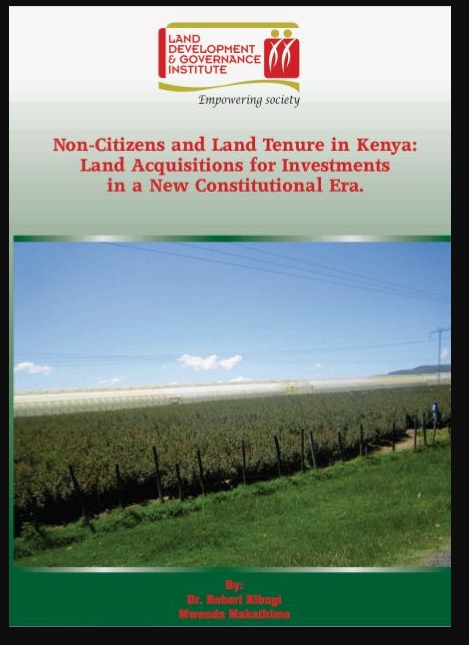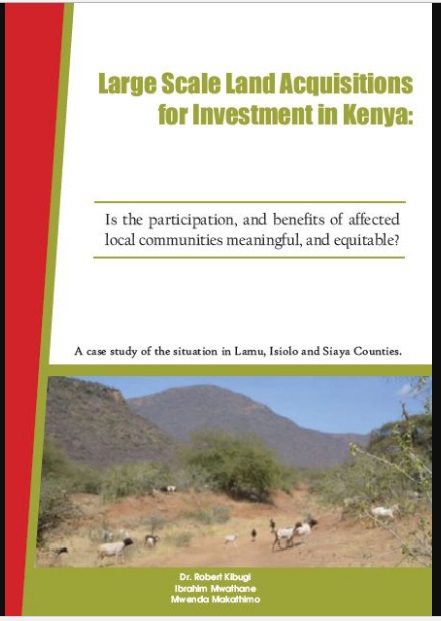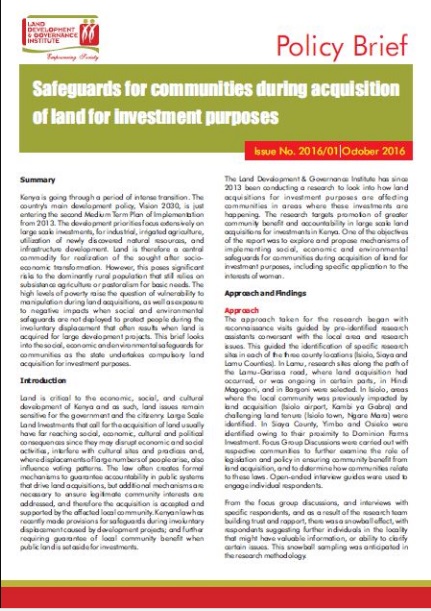Compensation for Land Expropriation in Rwanda: The Need for Conventional Approaches to Valuation
In various countries around the world, land expropriation is considered as a major tool used by governments to assemble tracts of land for various activities aiming at public interest. However, determination of compensation which is regarded as a pre-requisite for land expropriation has been a source of controversy in this process. This paper attempts to find out how land valuation for compensation during expropriation is carried out in Rwanda, considering two expropriation projects in Kigali city.

